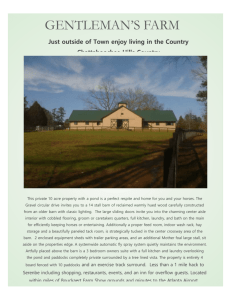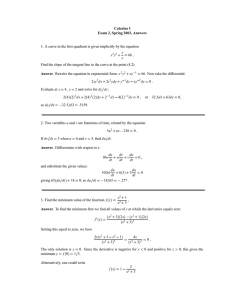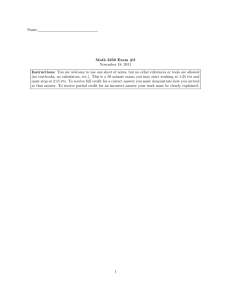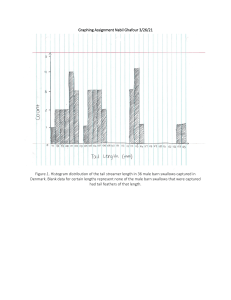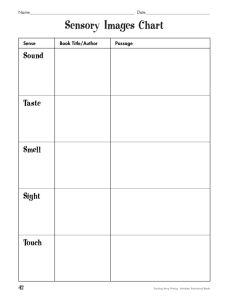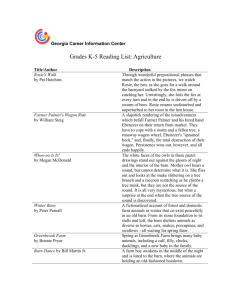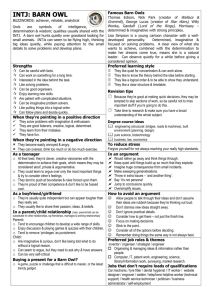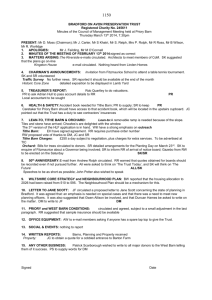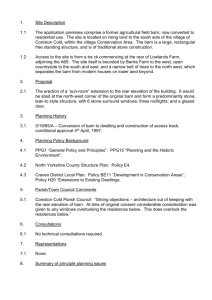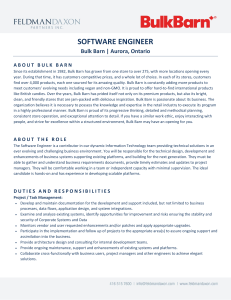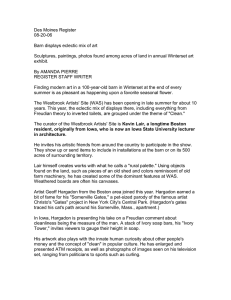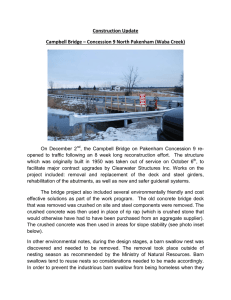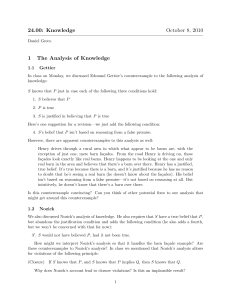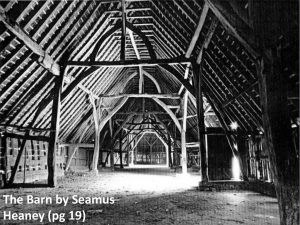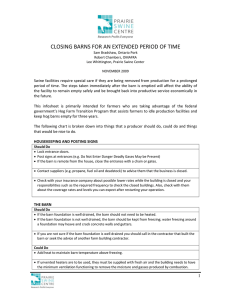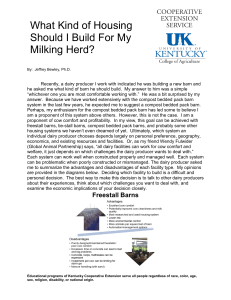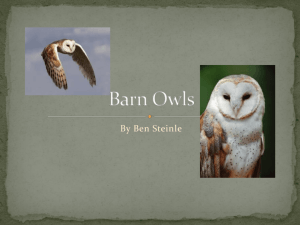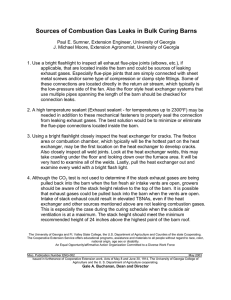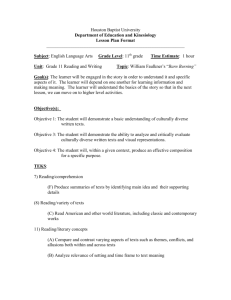White's Web
advertisement
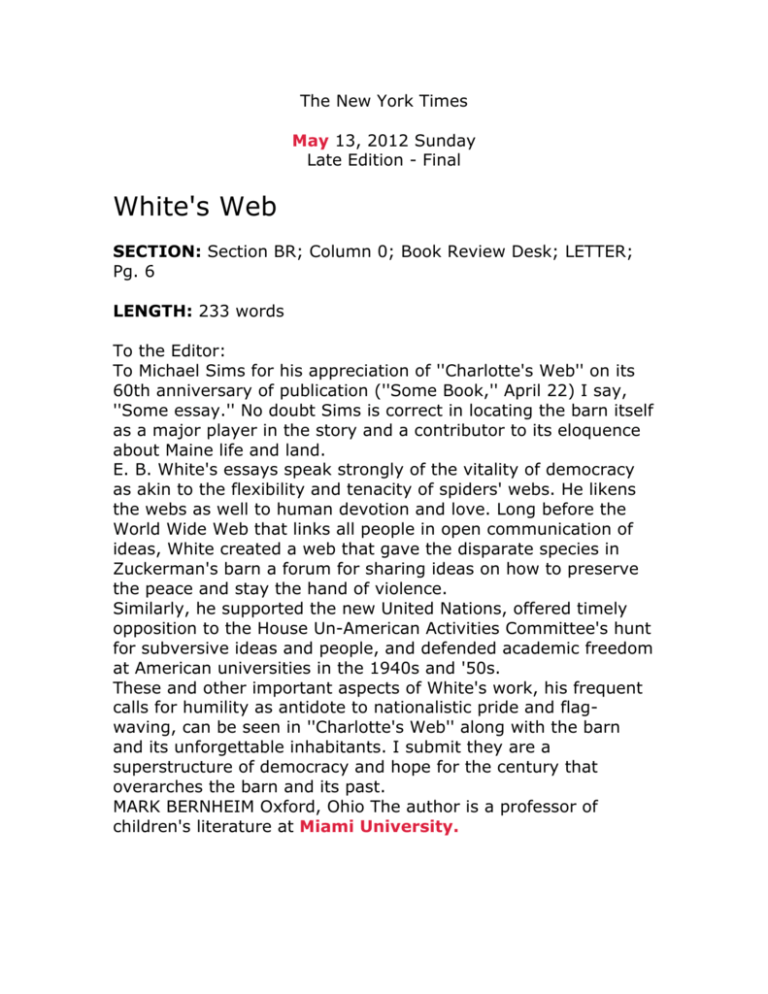
The New York Times
May 13, 2012 Sunday
Late Edition - Final
White's Web
SECTION: Section BR; Column 0; Book Review Desk; LETTER;
Pg. 6
LENGTH: 233 words
To the Editor:
To Michael Sims for his appreciation of ''Charlotte's Web'' on its
60th anniversary of publication (''Some Book,'' April 22) I say,
''Some essay.'' No doubt Sims is correct in locating the barn itself
as a major player in the story and a contributor to its eloquence
about Maine life and land.
E. B. White's essays speak strongly of the vitality of democracy
as akin to the flexibility and tenacity of spiders' webs. He likens
the webs as well to human devotion and love. Long before the
World Wide Web that links all people in open communication of
ideas, White created a web that gave the disparate species in
Zuckerman's barn a forum for sharing ideas on how to preserve
the peace and stay the hand of violence.
Similarly, he supported the new United Nations, offered timely
opposition to the House Un-American Activities Committee's hunt
for subversive ideas and people, and defended academic freedom
at American universities in the 1940s and '50s.
These and other important aspects of White's work, his frequent
calls for humility as antidote to nationalistic pride and flagwaving, can be seen in ''Charlotte's Web'' along with the barn
and its unforgettable inhabitants. I submit they are a
superstructure of democracy and hope for the century that
overarches the barn and its past.
MARK BERNHEIM Oxford, Ohio The author is a professor of
children's literature at Miami University.

